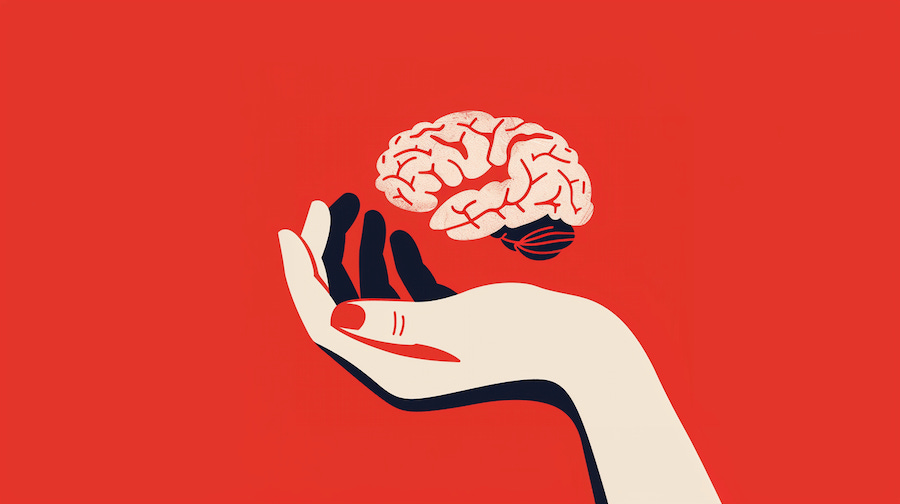In this series on mentoring, we’ve discussed a lot from the mentees’ perspective. Why seek mentorship, how to find a mentor, etc. But what about mentors? We briefly discussed, why to mentor. In this post, we talk about the whats and hows from mentors’ perspective.
My mentorship advice is that every mentee should become a mentor first.
If you plan on taking that advice and you are a first-time mentor, this is the post for.
The good news is that mentoring is a skill, and like any skill, it can be developed and improved upon.
As mentors, our goal is for our mentees to succeed. We want them to accomplish the goals they have in mind or overcome the roadblocks they are facing. To do that effectively, as a mentor, we need to what to do and how to do it. So lets discuss that next.
The What of Mentoring:
Learn: Learn about the mentee, their goals, and the timeline they have for their goals.
Set expectations: Based on mentors understanding of mentee goals and mentors experience, mentors should have an honest conversation to establish realistic expectations with mentees on how achievable their goals are.
Create a plan: Once aligned on goals, create a plan and discuss the next steps.
Check-in and accountability: Finally, as mentors, we want to do regular check-ins and keep our mentees accountable. With every meeting, check on how they are progressing on the plan towards their goal, how they are applying the advice, what new roadblocks they are encountering, what they have learned, and how mentee applied/tweaked the advice to make it work for them.
To many, the "what to do" list may seem obvious, and it is. However, mentoring is a lot more than "what to do." It's also about how we do it. Many first-time mentors mistake the "what" as a checklist, and when they engage with their mentees, they do it passively. Thats why its critical to understand, how to mentor.
The How of Mentoring:
What differentiates a great mentor from a good mentor is how they engage in the mentoring relationship. Now, the following list may seem obvious as well, but it’s easier said than done. As mentors, we have to be:
Engaged and actively listening
Supportive and challenging
Patient and non-judgmental
As I’ve mentioned before, mentors are teachers. And a great teacher/mentor personifies the above characteristics.
But why demonstrating above characteristics important?
A mentor-mentee relationship is only effective when there is psychological safety between the two. Demonstrating above characteristics can help build that.
Feeling psychologically safe leads to transparency, clear and effective communication. Only when a mentee feels psychologically safe they can open up about their challenges and roadblocks.
As mentors, it’s our responsibility to create that psychologically safe environment for our mentees. And we can do that by following the list above.
Finally, as mentioned earlier in the post, mentoring is a skill that anyone can learn and excel at. The sooner you start mentoring, the sooner you can develop that skill. Then, not only do you become a great mentor, but you also become a great mentee.
If you like the post, please consider subscribing.
Here are other posts in this series that you may find useful as well.


